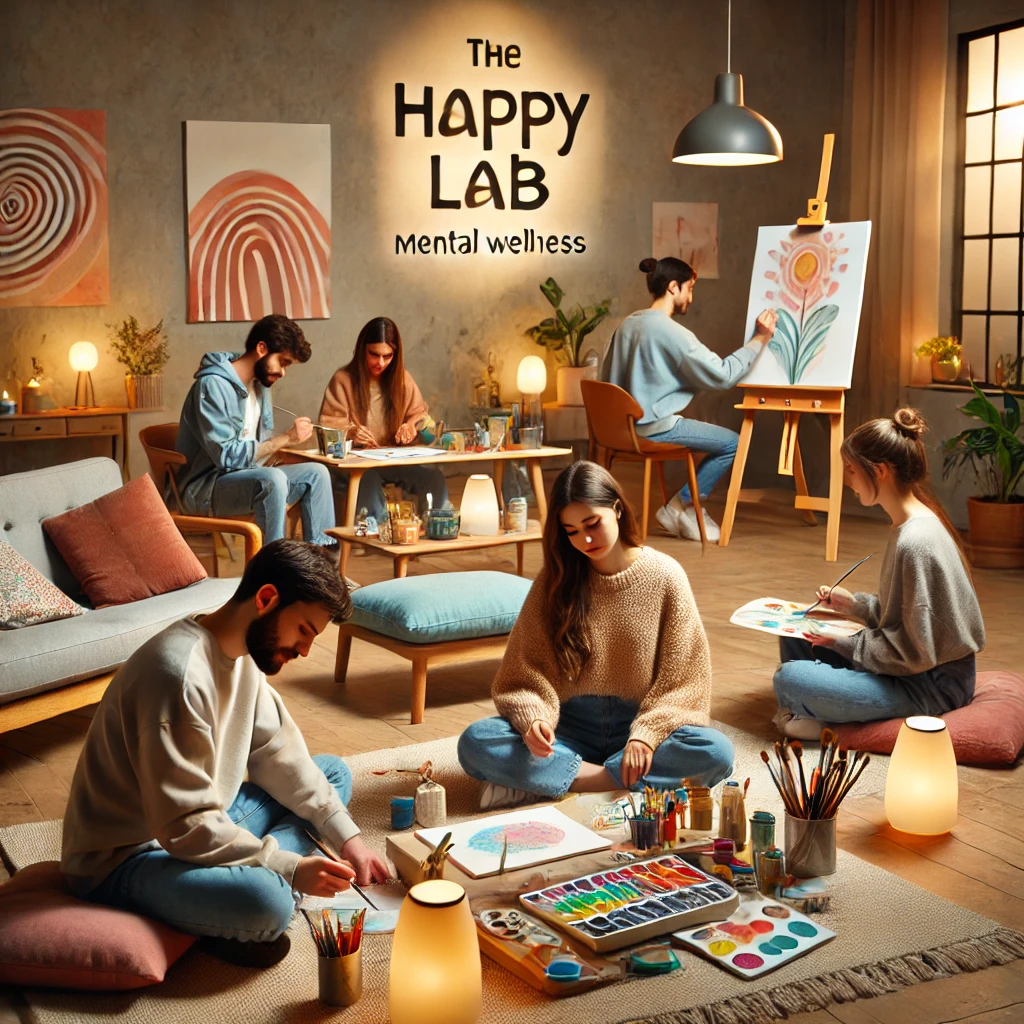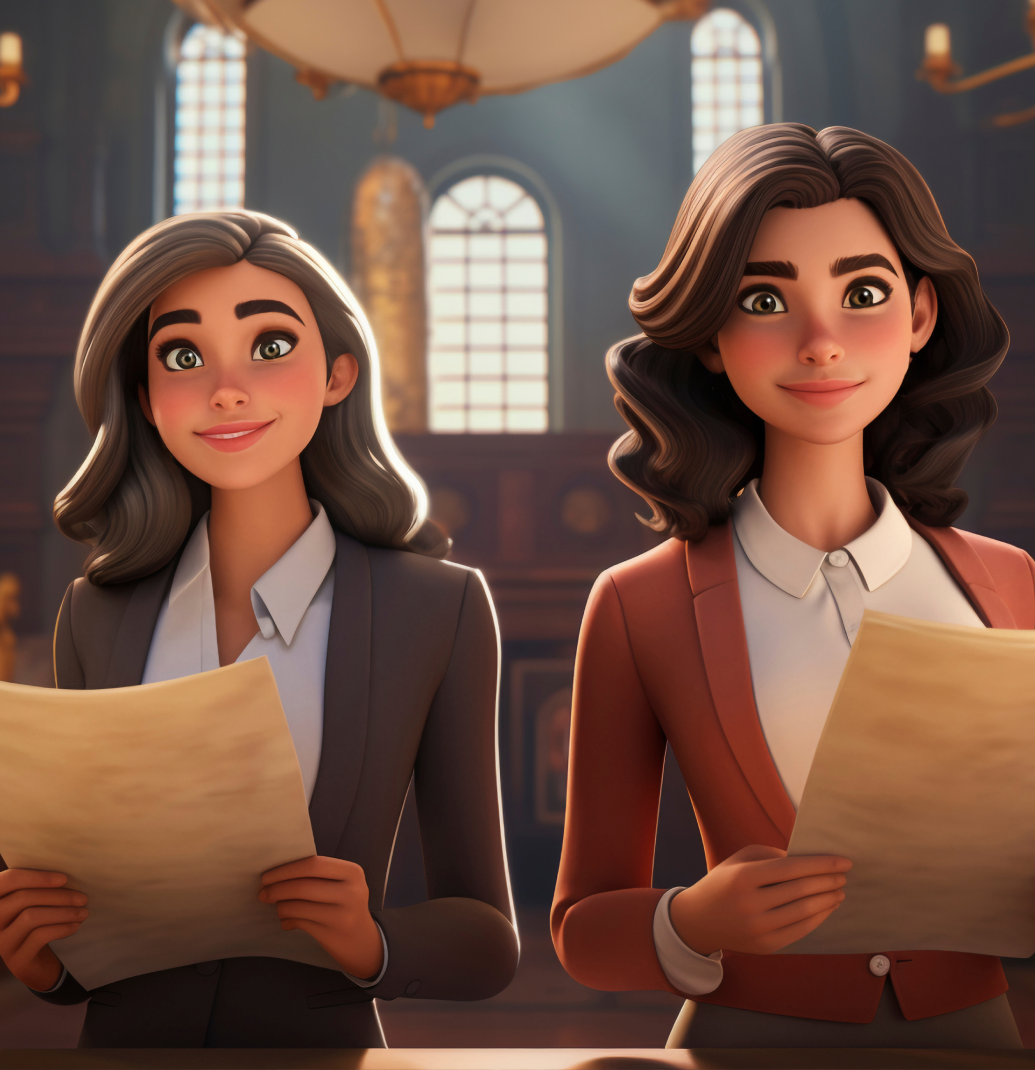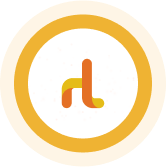
Art Therapy Course
7th July 2025
Online
Time
7:00 PM - 8:30 PM
Days
Mondays and Wednesdays
Duration
2 Months
Course Benefits
Our courses help you bridge the gap between textbook and real world experiences.
Average 3 hours per week
Beautiful bite-sized modules mean you can learn when it suits you. The live classes makes it a joyous and informative experience
Apply as you learn
Your learning journey has been designed to allow you time to practice what you have learned as you go.
Recorded course access
Review or catch up on any missed classes as we provide you with the recording
Bonus counselling session
Get 1 counselling session coupons which you can use it for yourself or gift it to someone who needs therapy
Complimentary Workbook
DIFY (Do it for yourself ) workbook is personally curated by Happy Lab team which helps in personal development and growth
Continuous learning
Get free access to Art Therapy Community which is budding and growing
Course Structure
Our courses are designed to provide practical and informative experience to our students
01
Level 1 : Basics of Art Therapy
- Introduction to Art Therapy
- History of Art Therapy
- Techniques in Art Therapy
- Art Therapy Models
02
Level 1 : Techniques of Art Therapy
- Cognitive Based Art Therapy
- Narrative Based Art Therapy
- Mindfulness Based Art Therapy
- Art Therapy and Trauma Part 1
- Art-Based Techniques for Stress Management
- Supporting Depression & Low Mood through Art
- Expressive Tools for Managing Overthinking
03
Level 1 : Art Therapy and Relationships
- Life Transitions through an Art Therapy Lens
- Art Therapy with ADHD & Neurodivergence
- Guided Art Reflection & Integrations
- Practicals
02
Module 2
Cognitive Based Art Therapy
Lesson 01
Narrative Based Art Therapy
Lesson 02
Mindfulness Based Art Therapy
Lesson 03
Art-Based Techniques for Stress Management
Lesson 04
04
Level 2 : Art Therapy and Emotional Challenges
- Environmental Based Art Therapy
- Solution focused Art Therapy
- Colour Psychology in Emotional Processing
- Understanding Gender Identity Through Art
- Working with Memory & Aging Concerns
- Couples Art Therapy: Connection & Conflict
05
Level 2 : Art Therapy and Adulting Challenges
- Art Therapy and Abuse (Addiction and Substance Abuse)
- Art Therapy and Adolescence Concerns
- Family and Group Art Therapy Practices
- Designing & Facilitating Art Therapy Sessions
- Art Therapy and Corporate Set Up
06
Level 2 : Building a career in Art Therapy
- How to Enhance Your Career as Art Therapist
- Ethical Practice & Cultural Sensitivity
02
Module 2
Cognitive Based Art Therapy
Lesson 01
Narrative Based Art Therapy
Lesson 02
Mindfulness Based Art Therapy
Lesson 03
Art-Based Techniques for Stress Management
Lesson 04
01
Level 1 : Basics of Art Therapy
- Introduction to Art Therapy
- History of Art Therapy
- Techniques in Art Therapy
- Art Therapy Models
02
Level 1 : Techniques of Art Therapy
- Cognitive Based Art Therapy
- Narrative Based Art Therapy
- Mindfulness Based Art Therapy
- Art Therapy and Trauma Part 1
- Art-Based Techniques for Stress Management
- Supporting Depression & Low Mood through Art
- Expressive Tools for Managing Overthinking
03
Level 1 : Art Therapy and Relationships
- Life Transitions through an Art Therapy Lens
- Art Therapy with ADHD & Neurodivergence
- Guided Art Reflection & Integrations
- Practicals
04
Level 2 : Art Therapy and Emotional Challenges
- Environmental Based Art Therapy
- Solution focused Art Therapy
- Colour Psychology in Emotional Processing
- Understanding Gender Identity Through Art
- Working with Memory & Aging Concerns
- Couples Art Therapy: Connection & Conflict
05
Level 2 : Art Therapy and Adulting Challenges
- Art Therapy and Abuse (Addiction and Substance Abuse)
- Art Therapy and Adolescence Concerns
- Family and Group Art Therapy Practices
- Designing & Facilitating Art Therapy Sessions
- Art Therapy and Corporate Set Up
06
Level 2 : Building a career in Art Therapy
- How to Enhance Your Career as Art Therapist
- Ethical Practice & Cultural Sensitivity
02
Module 2
Cognitive Based Art Therapy
Lesson 01
Narrative Based Art Therapy
Lesson 02
Mindfulness Based Art Therapy
Lesson 03
Art-Based Techniques for Stress Management
Lesson 04
Got questions? Drop your details, and we’ll give you a call back
Course Trainers
About The Mentor
Rachita Jain
Rachita blends Art Therapy with Acceptance and Commitment Therapy (ACT) and Cognitive Behavioral Therapy (CBT) to make her sessions engaging and interactive. With a Master’s in Counselling Psychology and expertise in areas like stress management, self-awareness, and work-life balance, Rachita’s sessions focus on making therapy enjoyable while helping clients explore deeper aspects of themselves through creative expression. She encourages clients to use art as a medium to reflect, learn, and grow.
Geeta Subramanian
With a Master’s in Counselling Psychology and certifications in addiction management and community mental health, Geeta brings a wealth of knowledge and experience to the Art Therapy course. She uses an eclectic approach, combining Art Therapy with Cognitive Behavioral Therapy (CBT) and Dialectical Behavior Therapy (DBT) to create a personalized, healing environment for her clients. Geeta specializes in helping individuals overcome self-esteem issues, trauma, OCD, and addiction, using creative expression to foster emotional resilience and growth.
Vandana S
As the Lead Counsellor and Founder, Vandana integrates Art Therapy with Acceptance and Commitment Therapy (ACT), Dialectical Behavior Therapy (DBT), and Expressive Arts Therapy. Vandana’s sessions are filled with creativity, warmth, and practicality, using art as a powerful tool to help clients process trauma, anxiety, and self-esteem issues. Her modern and adaptable approach ensures that therapy techniques are simple, actionable, and empowering, making the art therapy experience both transformative and easy to integrate into daily life.
Achievements
Our therapy sessions are designed to support a wide range of founders and entrepreneurs.
Get a Do It For Yourself Journal.
Get free access to Art Therapy Community for one whole year worth 999 INR.
Eligibility
Founders Therapy offers a comprehensive and personalized approach, addressing both the mental well-being and professional challenges.

Students pursuing Bachelors or Masters in Psychology.
Graduates of any degree.
Anyone interested in art therapy
What Our Students Say
Hear from our satisfied clients who have transformed their lives through our programs and courses.




Get Started with Our Courses
Start your journey to get better knowledge about mental health with our course today.

Common Queries, Clear Answers
We believe in transparency and aim to provide you with all the information you need to make informed decisions about our services.
No, art therapy is not restricted to a particular age group. It can be beneficial for individuals of all ages, including children, adolescents, adults, and the elderly. Art therapy can be adapted to meet the unique needs and developmental levels of different age groups.
While art therapy often incorporates artistic activities, it also includes verbal therapy components. Art therapists use the creative process as a tool to explore thoughts, feelings, and experiences. This often involves discussing and reflecting on the artwork created, as well as exploring the underlying emotions and meanings associated with it. The combination of art-making and verbal therapy provides a holistic approach to addressing mental health concerns.
No artistic experience is necessary. Art therapy is about the process of creation, not the final product.
The duration of the course is 3 months
You get the certificates from ICPEM, which is affiliated to Niti Ayog, Government of India.
This course includes interactive elements like case study discussions, role plays, and hands-on assignments. These practical exercises go beyond theory, allowing you to apply what you’ve learned to real-world scenarios, helping you understand how to use the concepts effectively in actual cases.

Still have questions ?
If the question is not available on our FAQ section, Feel free to contact us personally.
No, art therapy is not restricted to a particular age group. It can be beneficial for individuals of all ages, including children, adolescents, adults, and the elderly. Art therapy can be adapted to meet the unique needs and developmental levels of different age groups.
While art therapy often incorporates artistic activities, it also includes verbal therapy components. Art therapists use the creative process as a tool to explore thoughts, feelings, and experiences. This often involves discussing and reflecting on the artwork created, as well as exploring the underlying emotions and meanings associated with it. The combination of art-making and verbal therapy provides a holistic approach to addressing mental health concerns.
No artistic experience is necessary. Art therapy is about the process of creation, not the final product.
The duration of the course is 3 months
You get the certificates from ICPEM, which is affiliated to Niti Ayog, Government of India.
This course includes interactive elements like case study discussions, role plays, and hands-on assignments. These practical exercises go beyond theory, allowing you to apply what you’ve learned to real-world scenarios, helping you understand how to use the concepts effectively in actual cases.

